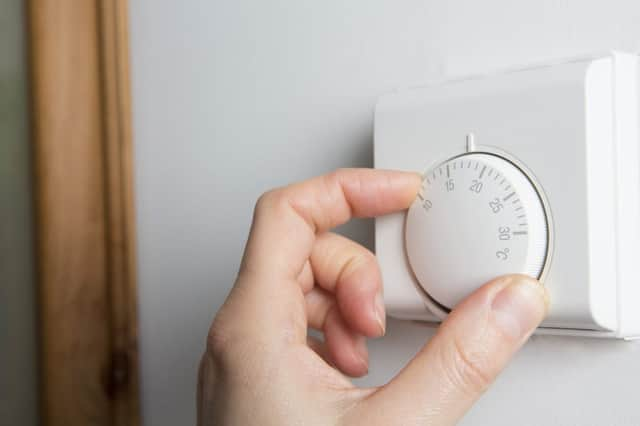Energy price cap must ‘remain in place’ - what that means for the customer


The government and energy have agreed that the cap on energy prices must remain in place following crunch talks to find a solution to the gas crisis.
Business Secretary Kwasi Kwarteng held a crisis meeting with the industry before announcing to the Commons that ministers would not be bailing out energy firms and that the energy price cap would be “staying”.
Advertisement
Hide AdAdvertisement
Hide AdThe rising wholesale price of gas has caused a gas crisis in the UK, with a number of smaller energy suppliers already going bust.
Some analysts have predicted the UK’s energy companies could be drastically reduced over the coming months, leaving as few as 10 if the gas crisis continues.
The energy price cap is already set to rise from October 1, with those on default tariffs paying by direct debit face an increase of £139, rising from £1,138 to £1,277.
The fast rise in wholesale gas prices shows no signs of slowing, with Bloomberg reporting the UK natural gas wholesale price had settled at its highest ever closing price on Monday.
Advertisement
Hide AdAdvertisement
Hide AdKwarteng said on Monday (September 20) that there was a real prospect of gas prices staying high for some months. He dismissed the idea of power cuts or people being unable to heat their homes, however.
In a joint statement issued late on Monday evening, Mr Kwarteng and Ofgem chief executive Jonathan Brearley confirmed they had taken a unified position over the price ceiling continuing.
“Central to any next steps is our clear and agreed position that the energy price cap will remain in place,” they said.
Mr Kwarteng had earlier told MPs the cap saves 15 million households up to £100 a year, adding: “It’s not going anywhere.”
Advertisement
Hide AdAdvertisement
Hide AdBehind the call for industry support are surging wholesale gas prices which have increased by 250% since January, with a 70% rise since August alone.
Because of the energy price cap, suppliers have not been able to pass on the higher costs to customers, leading to the demise of smaller providers.
Additional reporting by PA.